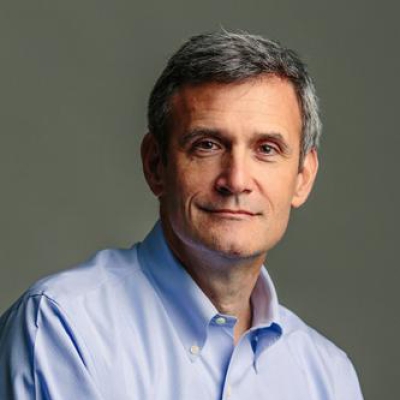A new report from PEN America claims that 1.3 million teachers, roughly a third of full-time classroom staff in the United States, are now forced to work under “educational gag orders.” PEN tallies forty pieces of legislation restricting teacher speech across twenty-two states as of November 1, 2023. The report warns darkly that political conservatives “have learned from past mistakes and have new and more insidious strategies for silencing America’s educators,” particular shifting their emphasis from bills banning the teaching of critical race theory to “bills that restrict speech about LGBTQ+ topics and identities, including numerous copycats of last year’s HB 1557 in Florida, known to critics as the ‘Don’t Say Gay’ law.”
First and foremost, it’s important to recognize PEN America for what it is—an advocacy group concerned with protecting writers’ free expression, not an education organization. While its commitment to free speech is commendable in most contexts, PEN’s advocacy doesn’t translate seamlessly to the complex dynamics of K–12 public education, where states and school districts commonly and uncontroversially impose restrictions on teacher speech and conduct in the service of protecting minors, running safe and orderly schools, and advancing academic standards, while being mindful of often complex community sensibilities.
Tendentiously describing restrictions on teacher speech as “educational gag orders” is on par with equally hyperbolic claims about “book bans,” which, needless to say, do not and cannot co-exist with robust First Amendment protections. When bookstores proudly display tables of “banned books” for sale with (thank goodness) no fear of prosecution, it’s self-evident (and vaguely comical) that no such “bans” exist.
More pertinently, restrictions on K–12 teacher speech are not intrinsically intolerable, even to those on the political left. At least one major poll found that when presented with the actual language of the Florida’s much maligned “Don’t Say Gay” law, which prohibits classroom instruction on sexual orientation or gender identity from kindergarten through the third grade, even Democrats supported it by a better than two-to-one margin.
If teachers are under the impression they are or ought to be free to hold forth on any topic they wish in front of a captive audience of other people’s children, that official interference is intolerable, or that the principle of academic freedom entitles them an unfettered hand to teach what they wish and how they like, they have been misled and poorly served by schools of education and others responsible for their professional development.
The concept of “academic freedom,” common and appropriate to higher education, simply doesn’t apply to K–12 public education, which, at least in theory, is focused on delivering a comprehensive curriculum aligned with state standards and educational goals, rather than on fostering open-ended inquiry or academic exploration. Public school teachers’ classroom speech is governed by school boards, district policies, state regulations, and curriculum standards. Any number of court decisions have affirmed that teachers are not independent professionals with unlimited free speech; functionally they are “hired speech” generally considered to speak for the school district when at work in a public school classroom—a crucial point seldom made in many teacher preparation programs, which explicitly encourage degree candidates to view their work as a form of activism. While K–12 educators certainly have, of necessity, professional discretion in how they deliver instruction, meet standards, and engage with students, the culture of teaching at least tacitly encourages something of a free agent mindset.
That being said, it’s crucial for all stakeholders, particularly conservatives and others with reasonable and appropriate concerns about classroom content and overt classroom activism, to exercise restraint and nuance in addressing issues related to teacher speech. When conservative activists sue school systems or try to get entire curricula thrown out over trivialities, they risk seeming unreasonable and forfeit the moral high ground and public sentiment.
Public school classrooms are not personal domains for unrestrained expression, but rather professional spaces where pedagogy and curriculum align with broader educational goals and community expectations. When lawmakers, parents, and others seek to rein in classroom activism and curricular excesses, that’s not a gag order. It’s a gag reflex.




